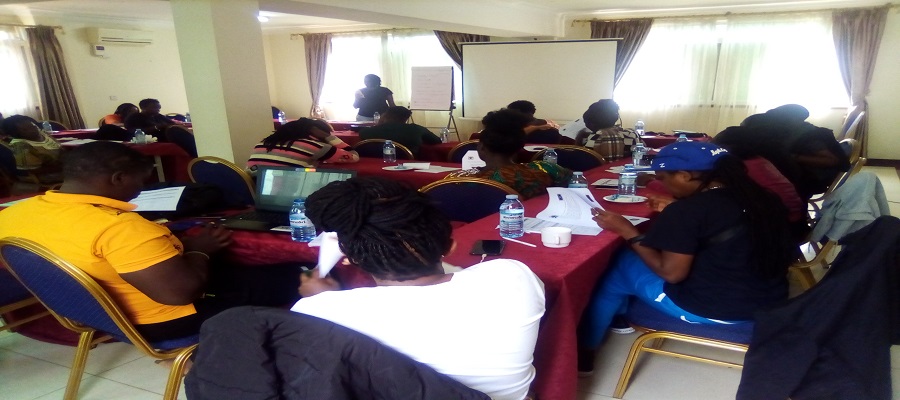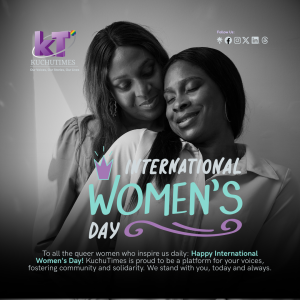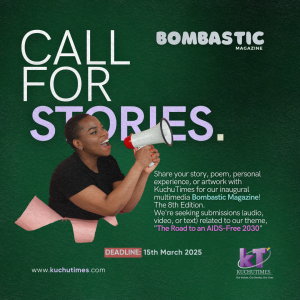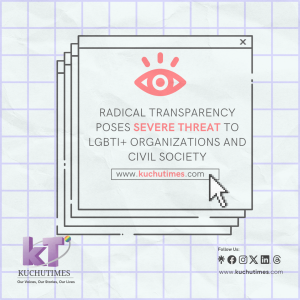#Herstory was made over this past weekend when Uganda's collective of LBQ feminists, LBQ Loose Network with support from CREA convened in Kampala for a code of conduct validation workshop. The meeting was meant to have members draft and develop a charter of principles that will guide interactions, individual ethics and ways of work for LBQ women as a social movement. Although the final draft will be in alignment with the African feminist charter, this document will be entirely based on the Ugandan context of LBQ organizing and movement building.
A representative from CREA, Melissa Wainana appreciated the gathering for being present at such a historically defining moment for Uganda's LBQ movement. "I am hoping that Kenya's LBQ movement gets to a place in which we can all work together to cover ground on so many things as we recognize that we have a common enemy- oppression. What we want also is a shared vision on what justice, healing and collectivity look like even though each one of us is from different organizations and we work on different issues," Wainana said.
She also praised how far the LBQ Loose Network has come since its inception in 2017. "It was such an honor to be in a space in which you set aside your differences, your anxieties and trust the process of coming together," she added as she pledged continuous support from CREA.
Jay Abang, the Programs Director of Health and Rights Initiative (HRI) which serves as the current fiscal host of the collective shared a brief background and objectives of the network. Jay highlighted that the network works under 5 key priority areas which include; feminism to promote solidarity and sisterhood, mental health and well-being, address and tackle all forms of violence as well as dismantle religious and social constructs that lead to oppression of LBQ women in Uganda. She emphasized that the network is entirely open to all LBQ women in the country and not organizational based. "We want everyone to take part in the process so that it is something that we can all own," Jay remarked.
Kasha Jacqueline Nabagesera, the Executive Director of Kuchu Times Media Group expressed her gratitude to allies like CREA that avail themselves to help with the growth of Uganda's queer community. "Look how far we have come. We now have opportunities to have people who can hold our hand to guide us through this process unlike when we started this movement 20 years ago," she said. Kasha also reminded the gathering to work with other social movements since LBQ women are no exception to the daily struggles of any typical Uganda. "We cannot move on our own because we are Ugandans at the end of the day. Everything that affects other Ugandans affects us as well even though some of us face double to triple negative impacts of the discrimination due to the homophobia but we can't move on our own without working together with other social movements," she stressed.
The process was moderated by Sandra Riza, the Executive Director of HER Internet. Attendees debated brainstormed and had open discussions on what the code of conduct should look like. There were sessions on African yoga, dance, self-care and wellness activities that enabled participants to network, socialise and interact with one another in a spirit of sisterhood. Winnie Mugambwa also steered a financial literacy conversation to empower attendees with saving and investment skills.
The day was crowned with a dialogue that took place at Rella Women's Foundation office premises under the theme End of #GBV at Work Places in commemoration of #16DaysOfActivism.




